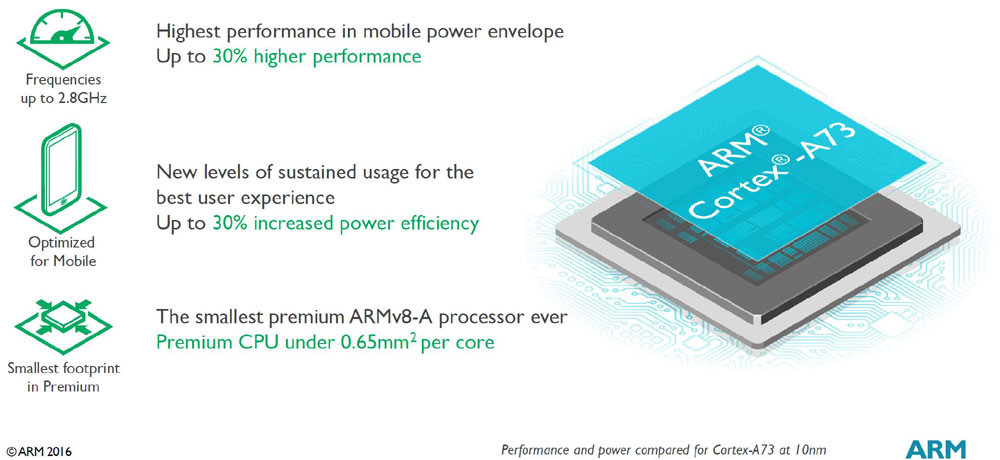
Apple’s iPhone 5s is the first smartphone on the market to feature a 64-bit processor. According to benchmarks, it’s twice as fast as the previous A6 chip in the iPhone 5, which has lead people to falsely assume that doubling the number of bits results in doubling performance. Qualcomm’s Chief Marketing Officer, Anand Chandrasekher, said as much yesterday during an interview yesterday.
“I know there’s a lot of noise because Apple did [64-bit] on their A7. I think they are doing a marketing gimmick. There’s zero benefit a consumer gets from that. Predominantly you need it for memory addressability beyond 4GB. That’s it. You don’t really need it for performance, and the kinds of applications that 64-bit get used in mostly are large, server-class applications.”
Why would Anand say these things? Part of the job of being in charge of marketing for a chipset vendor is to poke fun at other chipset vendors. He knows very well that Qualcomm doesn’t have a 64-bit chip out on the market, and probably isn’t going to have one for at least another year, so the best way to draw attention from that is to mock the competition.
But will Android get 64-bit support? Absolutely. The ARMv8 instruction set, which is what brings 64-bit support, isn’t just ARMv7 with a few minor tweaks. It’s a totally rewritten architecture that allowed ARM to remove a whole bunch of cruft that has been accumulating over the years, hence the increased IPC (instructions per clock).
Oh and while we’re on the subject of Qualcomm, I’d like to remind you that they don’t do what Samsung, NVIDIA, and other companies do. They don’t take ARM cores and shove them on a piece of silicon and call it a day. They design their own cores that are compatible with ARM code.
Apple, starting with the A6, does the same thing too.
















